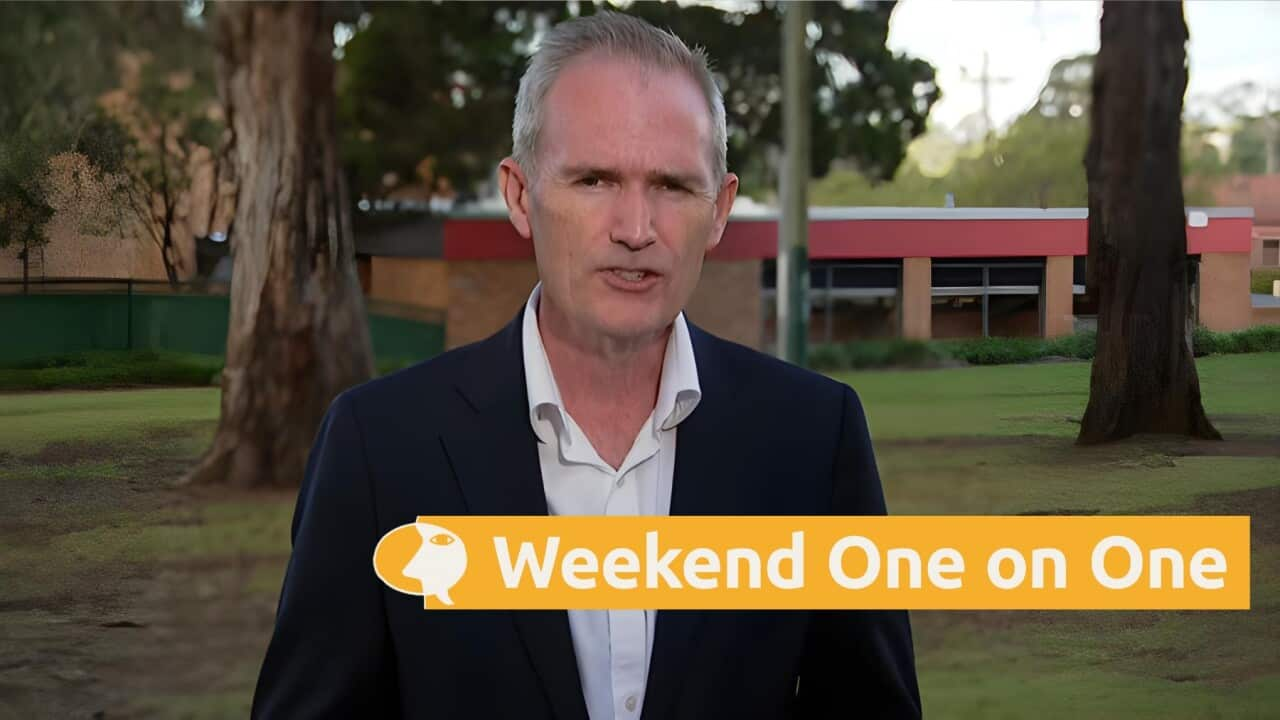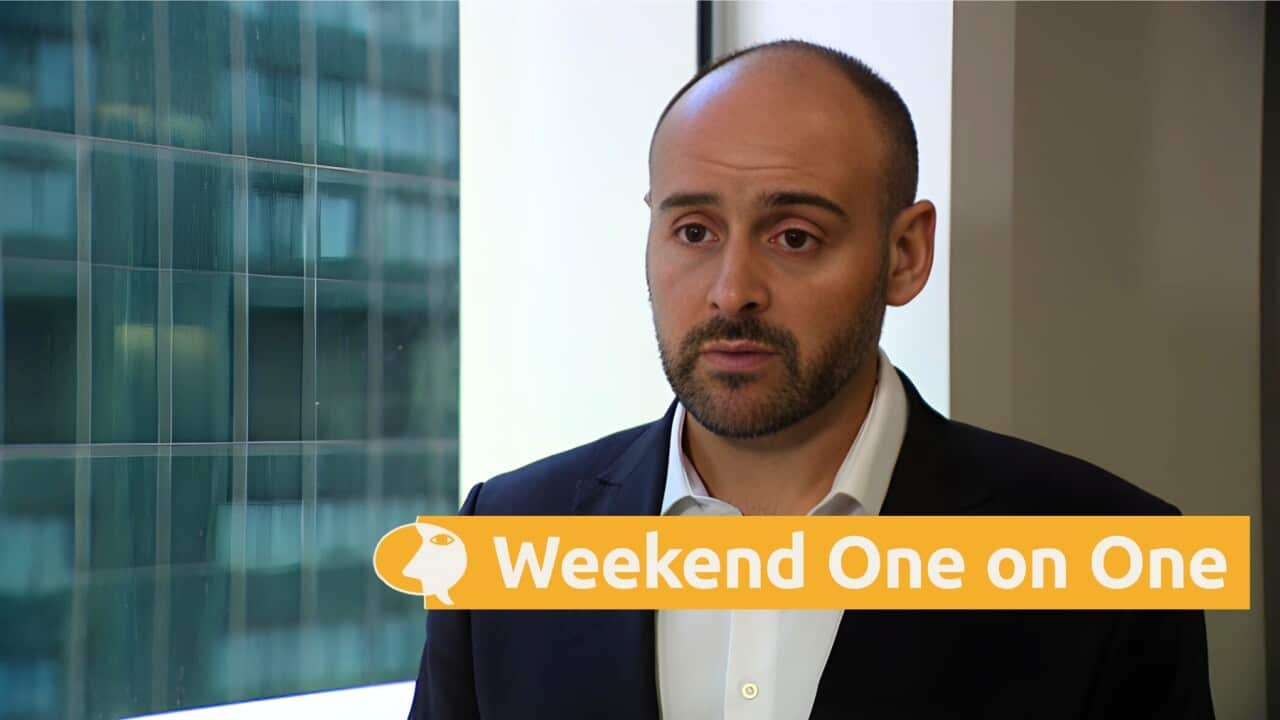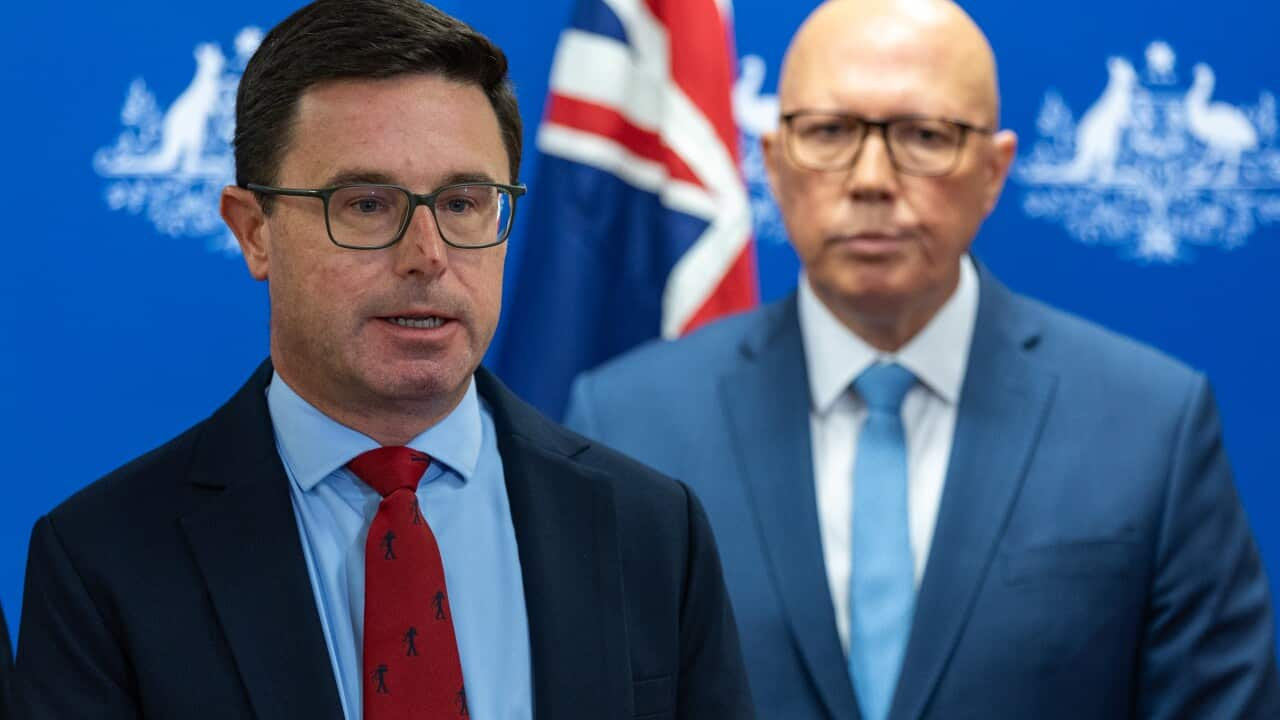TRANSCRIPT
The Teals.
They're not actually a political party, but a movement that offers an alternative to the major parties.
So where did they come from?
And what do they stand for?
There have been independents in parliament for a long time.
But the first to be considered a Teal came in 2019, Zali Steggall winning the seat of Warringah from former Prime Minister Tony Abbott.
It set the blueprint for the movement for the next election:
- Women who are well known to their communities, targeting the seats of Liberal MPs.
- and combining conservative fiscal policies that align more with the Liberal Party and environmental policies that are closer to the Greens.
Mix those two together and you get Teal.
"In my community of North Sydney, a group of people had gathered around a dinner table. They were unknown to each other. You know, prior to that first dinner, really, they knew each other loosely, but they had a conversation which was kind of driven by the idea of, could we have what Warringah has at the moment?"
That's Kylea Tink - member for North Sydney, who was elected in 2022.
She says there was a lot of discontent at the last election.
"We'd had the era of government from 2019 through to there, which was dominated by a number of themes that were incredibly concerning to a number of Australian citizens, whether that was inaction around climate change. We had an appalling track record in this place of the treatment of women. So there was a real problem in terms of gender representation in this building, and that was translating into behaviour on the ground. And we had a real issue with integrity in politics. Pork barrelling was running rife. And there was a real sense that, because this was a system m dominated by two major parties, there was a lack of sensibility in this building."
So the Teals are aren't a formal group, just a collection of independents with some things in common.
Some, but not all, campaign under the teal colour, and most take donations from Climate 200, which says its goal is to support political candidates committed to a science-based approach to climate change and to restoring integrity in politics.
Those donations were key to success at the last election, says Dr Jill Sheppard from the Australian National University.
"So Simon Holmes a Court is from an Australian billionaire family, and he was worried that the two major parties were neglecting climate change. So he put some of his own resources, and, you know, leveraged resources of people that he knows and people in the community who similarly worried about the lack of attention on climate change to fund candidates who they thought would be successful or could be successful. It still felt like a fairly, you know, low probability thing when they set out in early 2022."
But it was successful, in what's been dubbed...
"A Teal wave"
"A teal wave washing away two ministers in Melbourne.
"A teal and Green wave has swept right across the country.""As a wave of Teal candidates."
… with eight Teals elected to the House of Representatives.
Dr Sheppard says additional organisation helped.
"What was different in 2021 and 2022 was that it was much more organized. So if you think about you running a campaign in one part of Melbourne, if you can share resources with someone doing the same in one part of Sydney, and then someone else doing it in Western Victoria, you have economies of scale that just make campaigning easier."
Ms Tink says that was still fairly informal at the last election.
"People who were involved in the campaigns themselves, sharing information across borders, kind of saying, hey, we just did this, and it worked really, really well. Or, you know, somebody else kind of saying, hey, heads up. we've just experienced an attack like this in our electorate. You might want to be prepared for that."
But that is likely to change this election thanks to the Community Independent Project.
It was established in 2022 and has, in some ways, formalised the process.
There will be 35 candidates running in each state and territory, backed by that movement and Climate 200 this election.
"They have been working with people in communities right across this country for the last three years, trying to upskill them on how if they wanted to run a community independent, they could get out of the blocks faster, and they could learn from all the mistakes we made in 2022 so I do think we've entered another stage of this movement."
Dr Sheppard says although the Teals targeted Liberal seats, they attracted other voters too.
"The Teals represent that part of the Liberal Party that feels unrepresented under someone like Peter Dutton. What is really interesting about the Teals, though, is that their votes didn't necessarily come from unhappy Liberal voters. It seems like their votes have come from Labor Party voters who also aren't that thrilled about Labor and were happy to have a third option to vote for because they didn't really want to hold their nose and vote for the Liberal Party."
This time around, four Labor held seats are being challenged by Teals.
So how do they stack up to their original manifesto?
Pretty well, says Dr Sheppard.
"These are these independents who know how to get issues on the national agenda. And politics isn't just about running government or just about being the opposition. It's about talking on the floor of Parliament. It's about getting in the news every night. It's about shifting the national conversation in a direction that feels more in line with public opinion. And here, the Teals have been remarkably successful. Now, if we ask to point to policy successes, that's a lot more difficult. The government has not been massively willing to negotiate with the independents on much because they don't have to. But in terms of taking some attention away from Labor and Liberal they've had remarkable success."
Major parties may have no option other than to negotiate this time around, with polling suggesting there could be a minority government.













